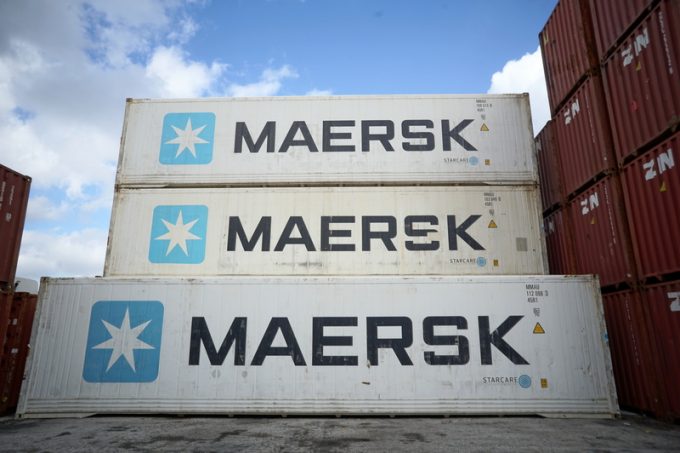Forwarders eye growth via M&A as deal activity builds
M&A is expected to increase among the fragmented forwarding sector this year, with several companies ...

Cold chain logistics is shaping up to be a major battleground for carriers hoping to capture market share by vertically integrating supply chain services.
According to Derek Singline, Maersk Line’s head of key client sales Asia Pacific, cold chain is a key part of Maersk’s goal ...
CMA CGM South Korean staff strike over bonuses after bumper 2024 profit
'Another painful headache for shippers' as Asia-N Europe rate rally ends
Amazon Air Cargo partners-up for new transpacific route into the US
MSC switches two more Asia-Europe port calls from congested Antwerp
Ports and supply chain operators weigh in on funding for CPB
Nightmare for Bangladeshi exporters as congestion and tariffs bite
CMA airline returns two freighters, while ANA takeover of NCA looms
Carriers introduce surcharges as congestion builds at African ports

Comment on this article